How to protect yourself and others from the coronavirus
Coronavirus is spreading quickly around the world. Older people, those with existing illnesses and without a social safety net are the most vulnerable to the infection. Preventing the further spread of the virus is crucial and it depends on you. Here is how you can reduce the risks of getting infected or infecting others.
How to prevent getting infected?
Wash your hands.
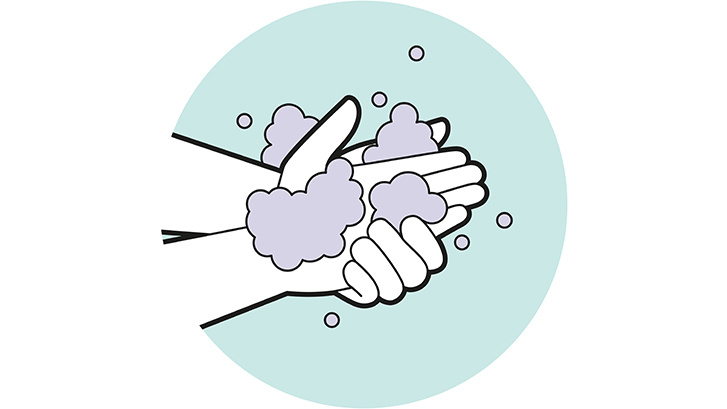
Wash your hands regularly and thoroughly with soap for at least 20 seconds (it should take as long as singing "Happy Birthday" twice, but you can also choose another song). Then dry them with a clean cloth. Do not touch your face, especially your mouth, nose and eyes with unwashed hands.
Sneeze – but do it the right way.
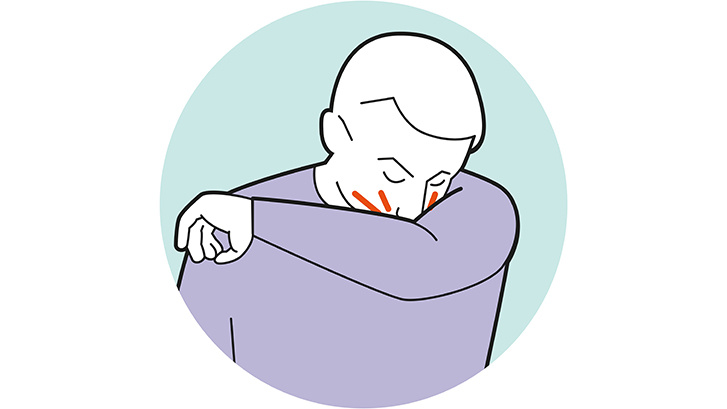
To protect others, sneeze and cough in the crook of your arm and not your hand. Throw used tissues directly into a bin with a lid.
Be careful not to touch things.
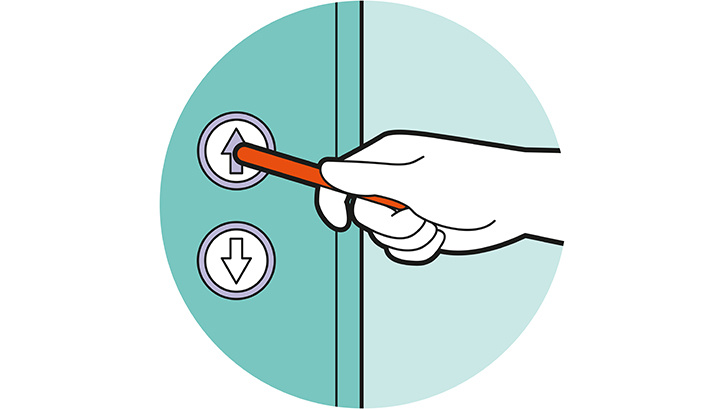
Transmission occurs primarily via human secretions but viruses can also adhere to surfaces. For safety, use your elbow to press the door handle or wear gloves. If this is not possible, wash your hands as often as possible.
Do I need to disinfect my hands?
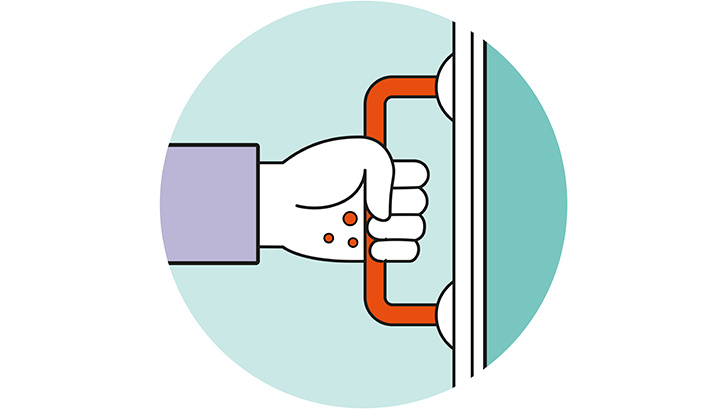
Washing your hands thoroughly with soap is just as effective as disinfectants. If you cannot wash your hands immediately (for example when in public transportation) alcohol-based disinfectants are useful.
Clean “high-touch” surfaces.
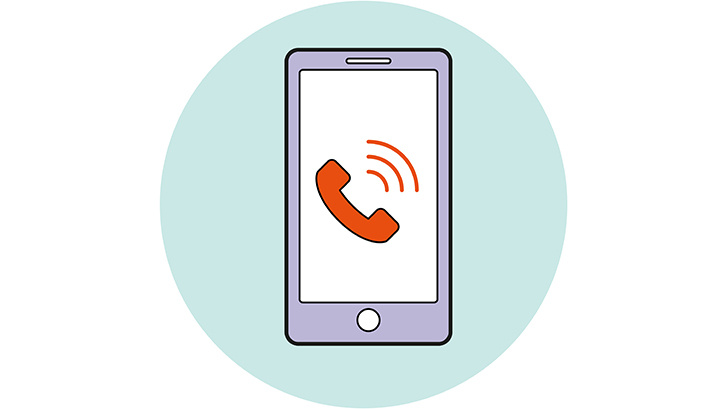
Wipe surfaces that you touch a lot like phones, tablets, and doorhandles with 70% isopropyl alcohol. Read here how to clean you home.
Do I need to wear a face mask?
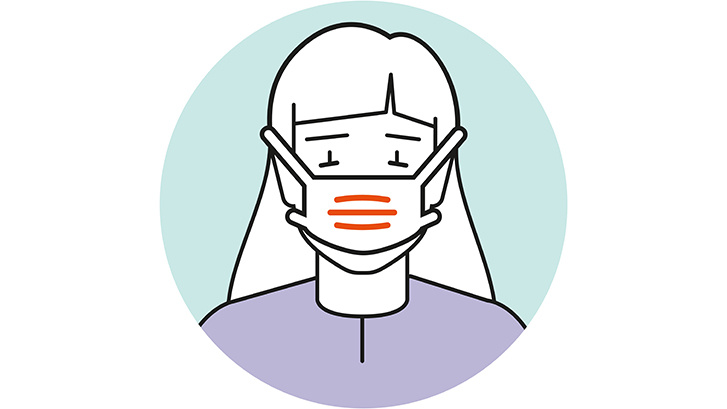
Most surgical masks made of paper do not prevent infection, as they get wet quickly and are too loose to prevent inhalation of the virus, they are only useful for those who are infectious themselves to protect others from pathogens they may expel. Doctors, nurses and those caring for the sick people, on the other hand, do need masks. So please do not stockpile masks.
How to protect and help others?
Stay home if you can.
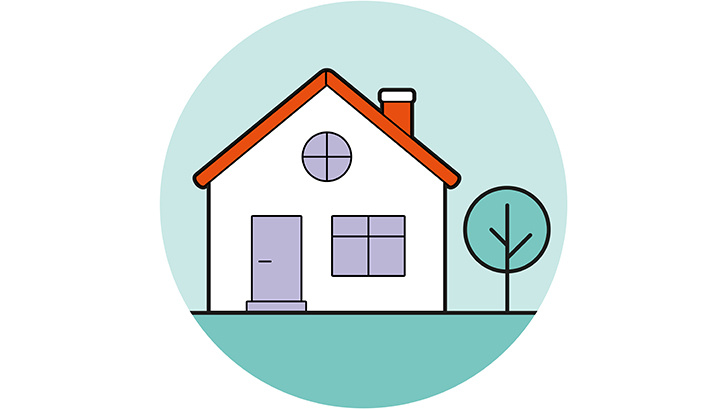
Social distancing is key to preventing the spread of the virus. Avoid public transportation, busy cafés, restaurants as well as crowded gyms. Cancel personal travel and work from home if it is possible. You can go outside to get some fresh air, but avoid being in close contact with people. Read more about the Do's and Don'ts of social distancing here.
Keep your distance.
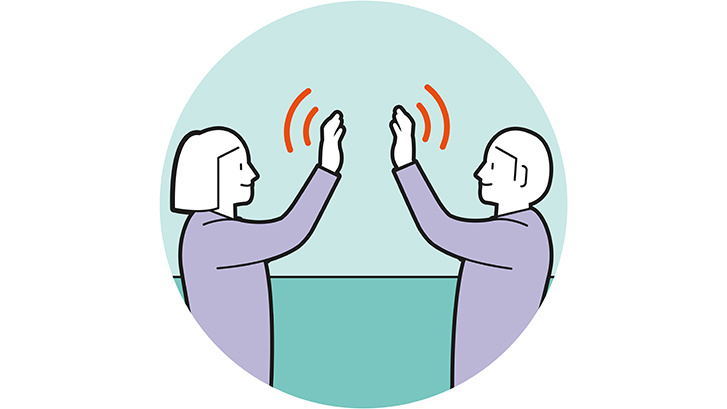
Even infected people who feel healthy can be contagious. If you are around other people, keep your distance, have a minimum of 1.5 meters. To say hello, wave or give an elbow bump instead of a peck on the cheek or a handshake.
Feeling sick? Stay at home.
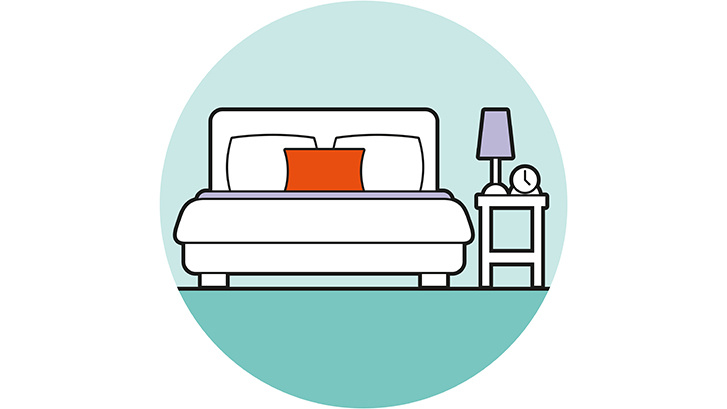
If you feel ill and have cold symptoms like a scratchy throat or coughing, take care of yourself. For your own sake and to protect others, it is better to stay at home. If you haven't had definite contact with a person who has tested positive for Sars-CoV-2 or arrived recently from severely affected areas, you don't need to be tested yourself. If you did and you have symptoms, call your general practitioner! (see below)
Buy the necessary supplies, but only the necessary supplies.
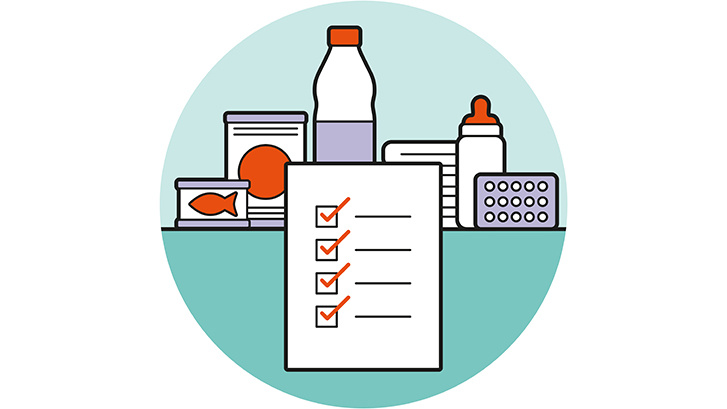
There is no need to hoard supplies, but make sure that you have food that lasts you a few days. Have the medicine you need at home and if you have small children, stock up on what you would need anyways.
Offer help.
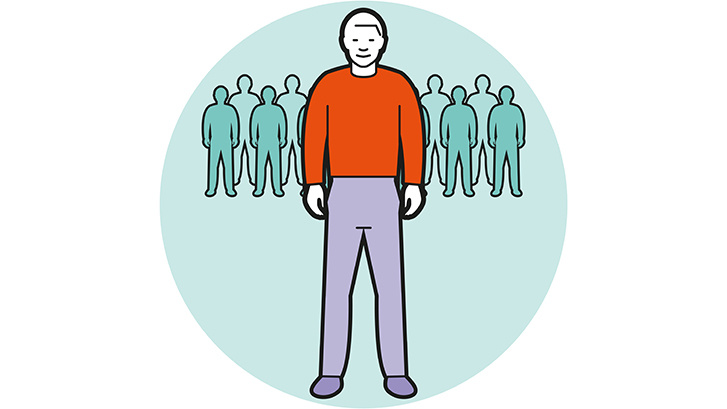
Do you have elderly neighbours? Offer to help them if you can. Do their shopping or go to the pharmacy for them (you will need some sort of an ID and their TAJ number for buying prescription medicine). Older people and those with existing illnesses are high-risk groups and they should stay inside as much as possible.
What do I need to know about the virus?
What are the symptoms?

- Fever or increased temperature
- Cough or scratching of the throat
- Shortness of breath or difficulty breathing
- Muscle pain and headaches
How is the new coronavirus transmitted?
Viral droplets
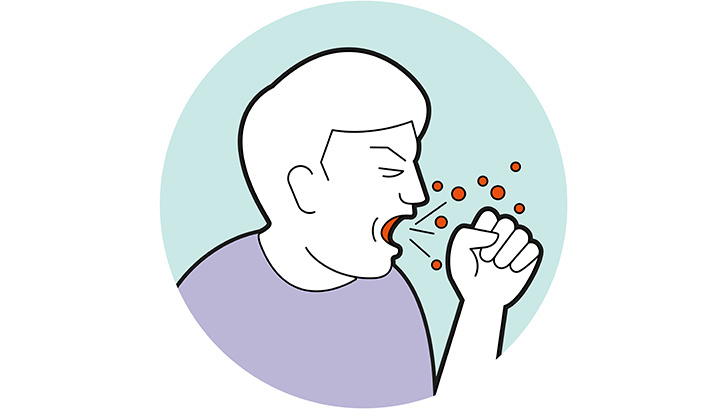
When we sneeze, cough, laugh, or even when we speak, we eject droplets of mucus and saliva from our mouths or noses. These droplets may contain the virus that can then be transmitted through the air and be inhaled by other people.
Previous studies about coronaviruses (the family the new SARS-CoV-2 Coronavirus belongs to) found that they stay active on metal, glass and plastic for hours or even days ( The Journal of Hospital Infection: Kampf et al., 2020), and researchers have found that this applies to the virus responsible for the current pandemic as well. If an infected person touches something after sneezing into their hand, others can become infected as well by touching the same surface and then their nose, mouth or eyes.
The time between infection and the appearance of the first symptoms is up to fourteen days according to current data, but latency is often much shorter.
How to find help if you think you are infected?
If you suspect you have covid-19, you should under no circumstances go to your general practitioner.
Instead, if you feel symptoms and had contact with a confirmed patient or someone who arrived from heavily affected areas, you should call your general practitioner on the phone. The doctor will then ask you a series of questions to determine the likelihood of infection.
- If you have mild symptoms and you are not in a high-risk group and home quarantine is possible, you will be asked to isolate yourself at home. The GP will inform paramedics who will soon take you in for sampling. Your GP will inform you about the results.
- If you have severe symptoms (for example shortness of breath, pneumonia) and/or you are in a high-risk group, or if home quarantine is not possible (for instance you live with a high-risk family member), the GP will inform the paramedics who will take you to the local hospital's infectious unit or to a pandemic hospital, or any other institution that is assigned to treat patients with COVID-19 for isolation, testing, and treatment.
The hospital will perform all necessary examinations and laboratory tests to determine whether you have the virus. If tests confirm you contracted COVID-19, you will be placed under hospital observation (quarantine). Treatment depends on the severity of the case.
How do I find my general practitioner?
General practitioners in Hungary provide medical service for specific areas. Finding out which GP is responsible for the area where you live could be somewhat tricky as there is no central database, the names, areas, and contact details of GPs are listed on every municipality's website - if you cannot find information in English, googling the search term "háziorvos" (GP in Hungarian) and the name of your city or district will most likely yield results. If all else fails, ask a Hungarian for help.
If you need more information, call the Hungarian government's toll-free coronavirus hotline (+36 80 277 455, +36 80 277 456), or write an email to koronavirus@bm.gov.hu.
Illustrations courtesy of Annick Ehmann / ZEIT ONLINE. Maria Mast is a journalist working for the ZEIT ONLINE based in Berlin currently contributing to Index.hu as a part of an international scholarship (IJP).

Support the independent media!
The English section of Index is financed from donations.


